-
 Bitcoin
Bitcoin
$94,471.1211
-2.31% -
 Ethereum
Ethereum
$3,344.8302
-2.29% -
 Tether USDt
Tether USDt
$0.9983
-0.05% -
 XRP
XRP
$2.1648
-2.06% -
 BNB
BNB
$698.9218
-0.73% -
 Solana
Solana
$186.1347
-3.50% -
 Dogecoin
Dogecoin
$0.3166
-1.62% -
 USDC
USDC
$1.0000
0.00% -
 Cardano
Cardano
$0.8727
-3.36% -
 TRON
TRON
$0.2587
0.03% -
 Avalanche
Avalanche
$36.7471
-4.75% -
 Toncoin
Toncoin
$5.7104
-1.96% -
 Chainlink
Chainlink
$21.3445
-8.95% -
 Shiba Inu
Shiba Inu
$0.0000
-2.46% -
 Sui
Sui
$4.0837
-6.78% -
 Bitget Token
Bitget Token
$7.8715
-0.09% -
 Polkadot
Polkadot
$6.8765
-5.08% -
 Stellar
Stellar
$0.3480
-4.57% -
 Hedera
Hedera
$0.2749
-5.01% -
 Hyperliquid
Hyperliquid
$26.6358
-1.58% -
 Bitcoin Cash
Bitcoin Cash
$441.6920
-3.89% -
 UNUS SED LEO
UNUS SED LEO
$9.2795
0.75% -
 Uniswap
Uniswap
$13.2324
-6.35% -
 Pepe
Pepe
$0.0000
0.78% -
 Litecoin
Litecoin
$99.7125
-5.53% -
 NEAR Protocol
NEAR Protocol
$5.1705
-1.87% -
 Ethena USDe
Ethena USDe
$0.9973
-0.07% -
 Dai
Dai
$0.9999
0.00% -
 Aave
Aave
$328.0412
-5.11% -
 Aptos
Aptos
$8.8362
-4.06%
What is FLOW coin? What can FLOW coins do? How to store FLOW coins?
Flow coins are the native currency of the Flow blockchain, which enables the creation and trading of NFTs, powering dApps, and supporting DeFi applications.
Oct 23, 2024 at 10:59 pm
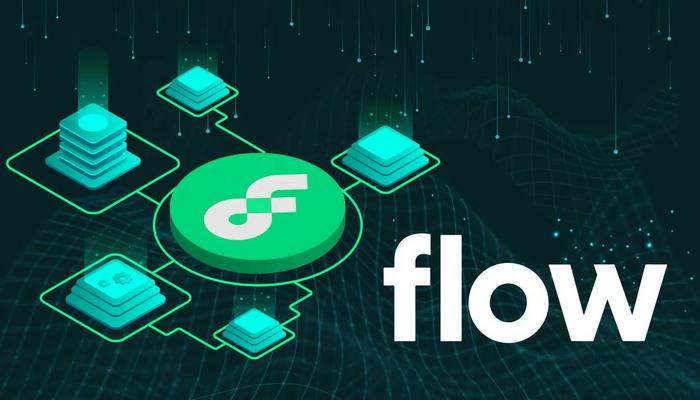
What is Flow Coin?
- Definition: Flow (FLOW) is a Proof-of-Stake (PoS) blockchain platform specifically designed for decentralized applications (dApps) and non-fungible tokens (NFTs).
- Creator: Flow was created by Dapper Labs, the company behind the popular NFT game CryptoKitties and the Flow blockchain.
- Purpose: Flow aims to address scalability and performance issues faced by other blockchains, particularly in the context of dApp and NFT use cases.
What Can Flow Coins Do?
- Powering dApps: FLOW coins are the native currency of the Flow blockchain and are used to pay transaction fees and provide rewards to validators who maintain the network.
- NFT Creation and Trading: Flow enables the creation and trading of NFTs, representing unique digital assets such as artwork, collectibles, and virtual items.
- Decentralized Finance (DeFi): Flow supports DeFi applications, including decentralized exchanges (DEXs), lending protocols, and stablecoin issuance.
- Governance: FLOW coin holders have governance rights and can participate in the decision-making process for the Flow blockchain.
How to Store Flow Coins?
- Flow Wallet: The official Flow wallet, available as a web extension or mobile app, provides secure storage for FLOW coins.
- Hardware Wallets: Hardware wallets such as Ledger Nano X and Trezor Model T offer offline storage for FLOW coins, providing enhanced security.
- Exchange Wallets: Crypto exchanges that list FLOW, such as OKX and Coinbase, provide custodial wallets for storing FLOW coins.
- Other Software Wallets: Third-party software wallets such as MetaMask and MyEtherWallet support FLOW coin storage.
Disclaimer:info@kdj.com
The information provided is not trading advice. kdj.com does not assume any responsibility for any investments made based on the information provided in this article. Cryptocurrencies are highly volatile and it is highly recommended that you invest with caution after thorough research!
If you believe that the content used on this website infringes your copyright, please contact us immediately (info@kdj.com) and we will delete it promptly.
-
The US Government Will Not Buy Bitcoin in 2025, but May Explore New Reserve Strategies
- 2024-12-28 18:25:01
-
Crypto Gems for Winter 2025: 5 Low-Cap Coins Ready to Turn $100 Into $500,000
- 2024-12-28 18:25:01
-
Injective (INJ) and Aethir Transform GPU Compute Resources with Tokenization
- 2024-12-28 18:25:01
-
Lightchain AI: A Revolutionary Platform Integrating Artificial Intelligence With Blockchain Technology
- 2024-12-28 18:45:02
-
Pudgy Penguins (PENGU) Price Slumps 12% as Flockerz (FLOCK) Presale Smashes $8 Million Mark
- 2024-12-28 18:45:02
-
Phala Network (PHA) Price Prediction 2024-2025: PHA Poised to Surge Despite Market Downturn
- 2024-12-28 18:25:01
Related knowledge
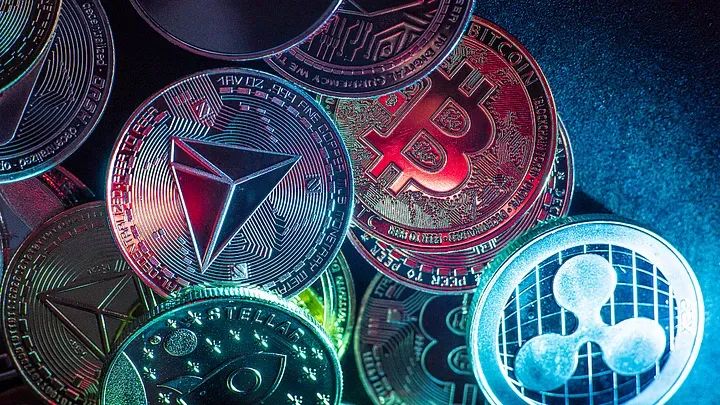
What Is The Difference Between Fungible And Non-Fungible Tokens?
Nov 26,2024 at 01:04pm
Fungible vs. Non-Fungible Tokens: A Comprehensive GuideIn the realm of blockchain technology, the concept of tokens lies at the core of many applications. Tokens represent digital assets that can be used to facilitate transactions, store value, or represent ownership. However, there exists a fundamental distinction between two types of tokens: fungible ...
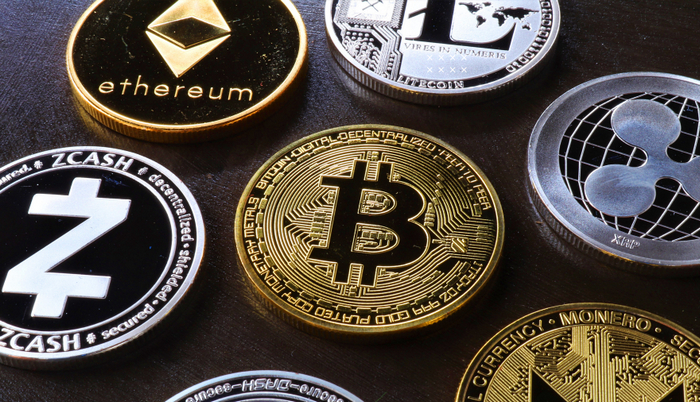
What is a Public Key Infrastructure?
Nov 23,2024 at 12:30am
What is a Public Key Infrastructure?IntroductionA Public Key Infrastructure (PKI) is a framework that enables secure communication over a network by managing digital certificates and public-key cryptography. PKI plays a crucial role in various blockchain applications, ensuring data integrity, authentication, and non-repudiation.Components of a PKIA PKI ...
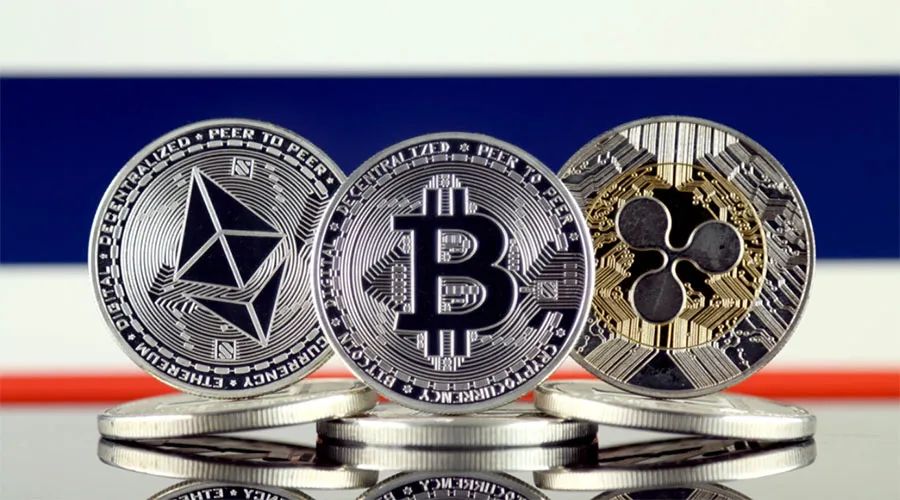
What is MEV (Miner Extractable Value)?
Nov 22,2024 at 06:22pm
What is Miner Extractable Value (MEV)?Introduction:Miner Extractable Value (MEV) is a term used to describe the profit that miners can make by manipulating the order of transactions in a block. This manipulation is possible because miners have the ability to choose the order in which transactions are included in a block, and they can use this power to f...
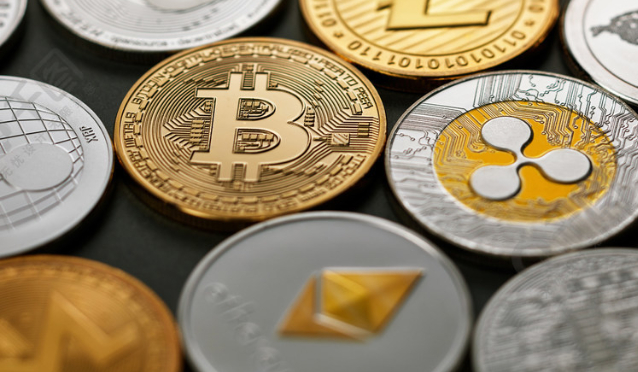
What is a Genesis Block?
Nov 24,2024 at 09:10pm
Decoding the Genesis Block: The Birth of BlockchainIntroductionThe Genesis block stands as the inaugural chapter in the blockchain saga, igniting the spark that revolutionized the world of finance and technology. This foundational block holds immense significance, embodying the inception of immutable ledgers, decentralized networks, and the transformati...
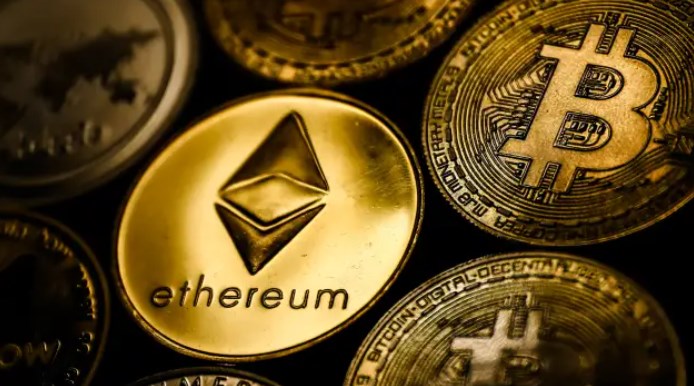
What Is an NFT Game?
Nov 26,2024 at 07:05am
What Is an NFT Game?Non-fungible tokens (NFTs) have taken the digital world by storm, empowering creators, collectors, and enthusiasts alike to own and trade unique digital assets. The integration of NFTs into the gaming industry has given rise to a captivating new realm known as NFT games, where players can not only enjoy immersive experiences but also...
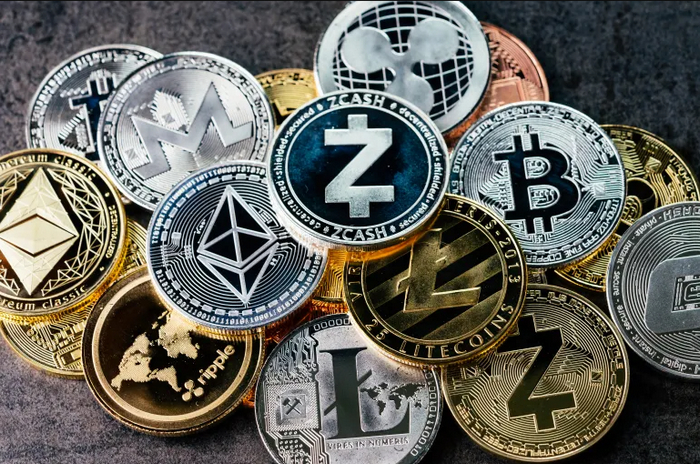
What Is an NFT Marketplace?
Nov 22,2024 at 07:43pm
What Is an NFT Marketplace?An NFT marketplace is a platform that facilitates the buying, selling, and trading of non-fungible tokens (NFTs). NFTs are unique digital assets that represent ownership of a specific item, such as a piece of art, music, video, or other collectible. NFT marketplaces allow users to create, list, and purchase NFTs, with transact...

What Is The Difference Between Fungible And Non-Fungible Tokens?
Nov 26,2024 at 01:04pm
Fungible vs. Non-Fungible Tokens: A Comprehensive GuideIn the realm of blockchain technology, the concept of tokens lies at the core of many applications. Tokens represent digital assets that can be used to facilitate transactions, store value, or represent ownership. However, there exists a fundamental distinction between two types of tokens: fungible ...

What is a Public Key Infrastructure?
Nov 23,2024 at 12:30am
What is a Public Key Infrastructure?IntroductionA Public Key Infrastructure (PKI) is a framework that enables secure communication over a network by managing digital certificates and public-key cryptography. PKI plays a crucial role in various blockchain applications, ensuring data integrity, authentication, and non-repudiation.Components of a PKIA PKI ...

What is MEV (Miner Extractable Value)?
Nov 22,2024 at 06:22pm
What is Miner Extractable Value (MEV)?Introduction:Miner Extractable Value (MEV) is a term used to describe the profit that miners can make by manipulating the order of transactions in a block. This manipulation is possible because miners have the ability to choose the order in which transactions are included in a block, and they can use this power to f...

What is a Genesis Block?
Nov 24,2024 at 09:10pm
Decoding the Genesis Block: The Birth of BlockchainIntroductionThe Genesis block stands as the inaugural chapter in the blockchain saga, igniting the spark that revolutionized the world of finance and technology. This foundational block holds immense significance, embodying the inception of immutable ledgers, decentralized networks, and the transformati...

What Is an NFT Game?
Nov 26,2024 at 07:05am
What Is an NFT Game?Non-fungible tokens (NFTs) have taken the digital world by storm, empowering creators, collectors, and enthusiasts alike to own and trade unique digital assets. The integration of NFTs into the gaming industry has given rise to a captivating new realm known as NFT games, where players can not only enjoy immersive experiences but also...

What Is an NFT Marketplace?
Nov 22,2024 at 07:43pm
What Is an NFT Marketplace?An NFT marketplace is a platform that facilitates the buying, selling, and trading of non-fungible tokens (NFTs). NFTs are unique digital assets that represent ownership of a specific item, such as a piece of art, music, video, or other collectible. NFT marketplaces allow users to create, list, and purchase NFTs, with transact...
See all articles










































